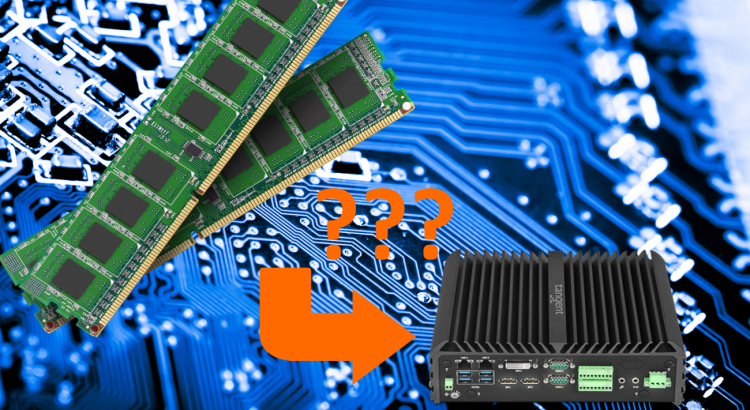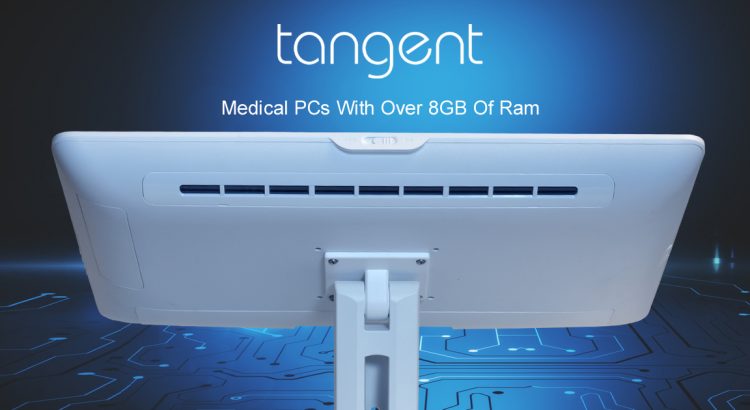As the years go by, computers of all kinds only seem to get faster. Computing trends have largely followed Moore’s Law, which states that the transistor density of processors doubles every two years. In non-technical terms, this generally means that computers should double in speed in the same time period. But one of the consequences […]
Tag: RAM

How Much RAM Do I Need in My Industrial PC?
When shopping for new industrial PCs, there are many important factors to consider. CPU age and clock speed, hard drive space, and availability of I/O ports are all crucial considerations to make when deciding on the equipment that will keep your facility running in the years to come. But one critical, and usually overlooked, aspect […]
